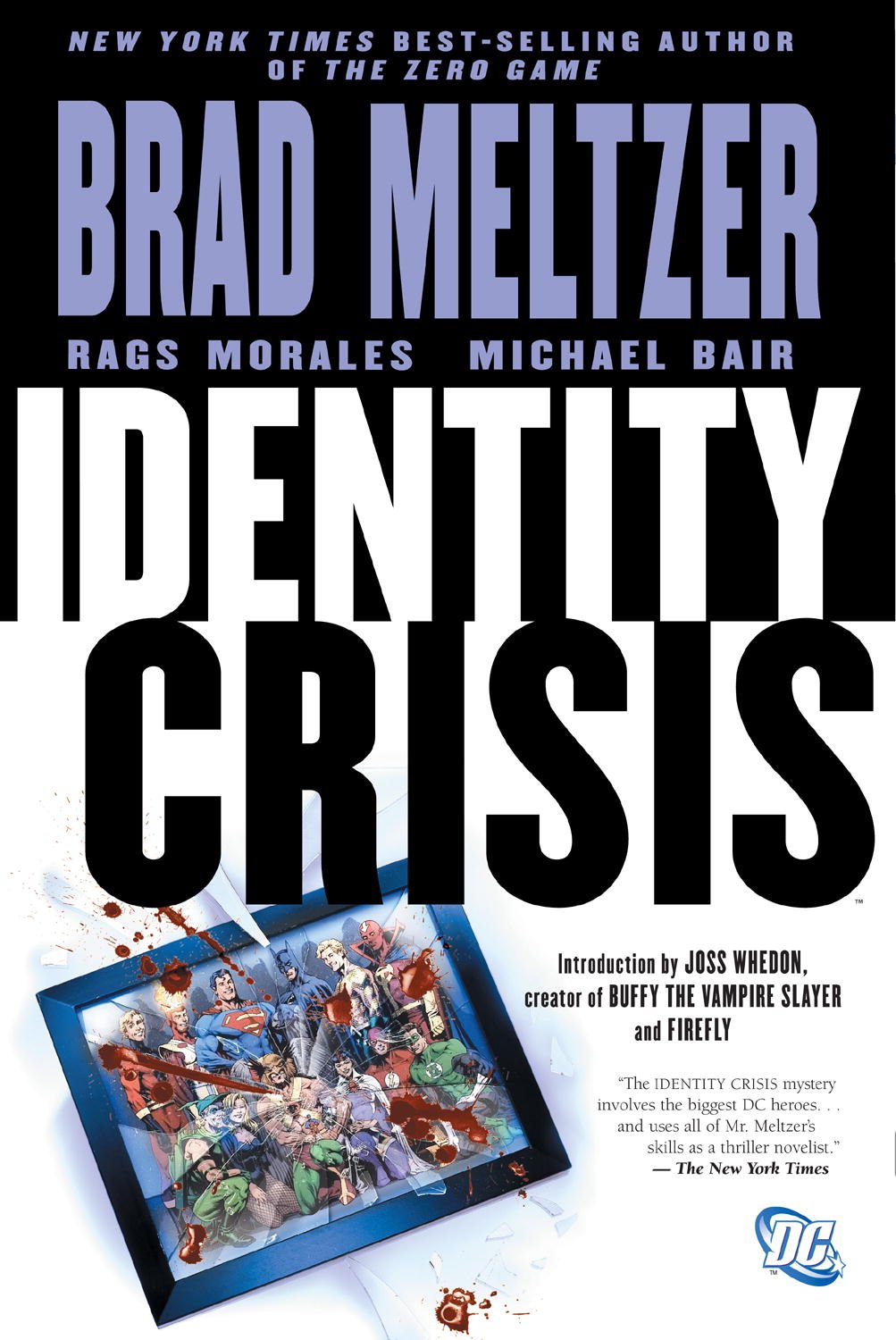A commenter named Linke discussed the background for the recent revelations about Chris Sims harassing Valerie D’Orazio. I thought I’d reproduce the comment here.
I find it disturbing that even in this moment of reckoning, the full backstory of why Sims targeted D’Orazio has gone unmentioned.
In 2006 D’Orazio caused a stir with a 12 part rant titled Goodbye to Comics: a blistering critique of misogyny by an industry insider. It includes a takedown of DC’s Identity Crisis, which many consider peak Women In Refrigerators, which is significant as she was the assistant editor on the book.
For the unfamiliar, Identity Crisis centers on the murder of Sue Dibny, wife of Elognated Man. The bronze age couple were known for being depicted as consistently loving, supportive and lighthearted. In issue 1 Sue Dibny was graphically burned alive. In issue 2 she was explicitly, brutally raped. Her murderer turned out to be the Atom’s ex-wife, literally a crazy bitch. The whole series was full of overwrought pain and suffering and a weird takes on female characters. It was inspired by Watchmen and the Killing Joke (even Moore admits Joke had flaws) but either missed the deconstruction of Moore’s work or discarded it for pure shock value.
Many hated it when it came out, but in 2004 it was easier for fans to handwave or rationalize the content. Some praise is disturbing in hindsight (including Joss Whedon who later hired Metzger to write the Buffy comic with equally creepy results).
Goodbye To Comics is pure rant, a digressive mix of insider dish, critique, personal anecdote (some a bit TMI) and now dusty topical humor. Some who didn’t like her blunt denunciation of misogyny seemed twice provoked by the raw, awkward presentation.
At it’s best, however, it’s very good:
http://occasionalsuperheroine.blogspot.com/2006/11/goodbye-to-comics-7-we-need-rape.htmlSuch a dramatic and at times scattered call out was bound to attract some scorn and eye-rolling. What’s striking is how aggressive and resentful some became and how little, if any, was initiated by D’Orazio.* Like Anita Sarkeesian, just being a woman making vehement statements was an affront those who disagreed with her.
It was in this context Chris Sims began picking on D’Orazio. As others speculate, it’s likely he was demonizing her to build up his own rep, but this involved knowingly embracing unhinged resentment of “too much” feminist critique and pushing it further.
I knew little about this, but when her Punisher special came out, the irrational hatred of her intense enough that it was visible casual fans.
Even then, it didn’t register just how fucked up it was and I suspect people might not have believed, pre-gamergate.
This is what bothers me about McDonald’s take – what she calls feuds was mostly people snarking at D’Orazio until she responded (or didn’t). It’s telling McDonald mentions Ragnell, whose grudge against D’Orazio is oddly into political correctness myths for a progressive (much like McDonald herself).
Thing is nothing D’Orazio wrote – indeed no comics criticism – merits hostility even Marvel took the death threats seriously. After recent death threats on Sarkeesian, Zoe Quinn and others, it’s clear D’Orazio was an unwitting pioneer.
What’s ironic that that Sims has more recently said Identity Crisis is the comic that ruined comics – and his critique sounds a hell of a lot like D’Orazio. To echo the words of the person you tormented yet not apologize until called out is a bit more troubling than I think he realizes.
As McDonald reveals, Chris Sims only apologized after he was called out by gamergate – which he was because he was a precursor to gamergate. He didn’t start the rage against D’Orazio, but he fed on it for cynical reasons. In this context, Sims “are you going to cry, little girl” is far more disturbing. I do think change and genuine apologies are possible, but so far he and his cohort haven’t quite acknowledged how much he’s entwined in the forces which led up to this current wave of zealot trolls. Nor how the gender imbalance in mainstream comics has improved very little since then.

